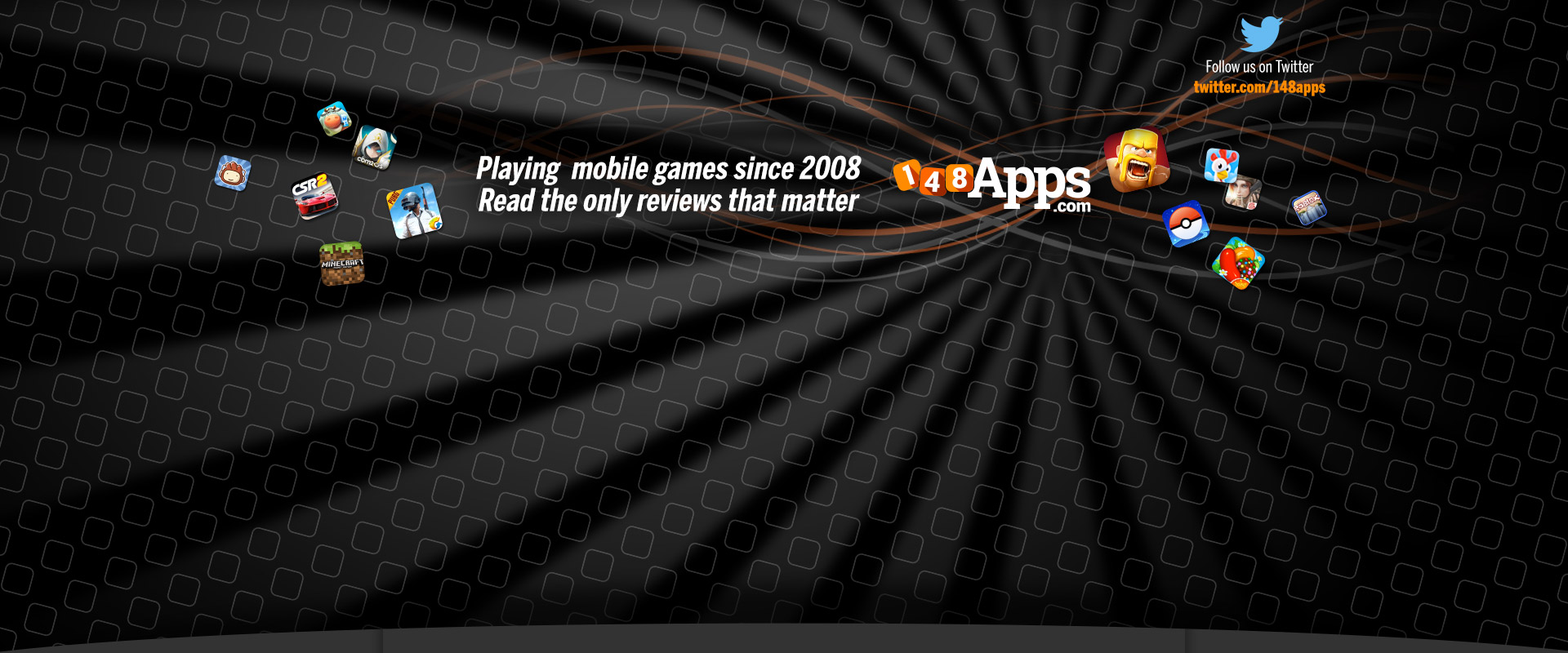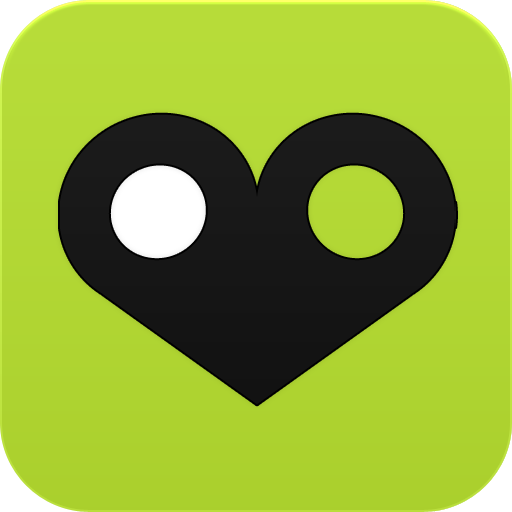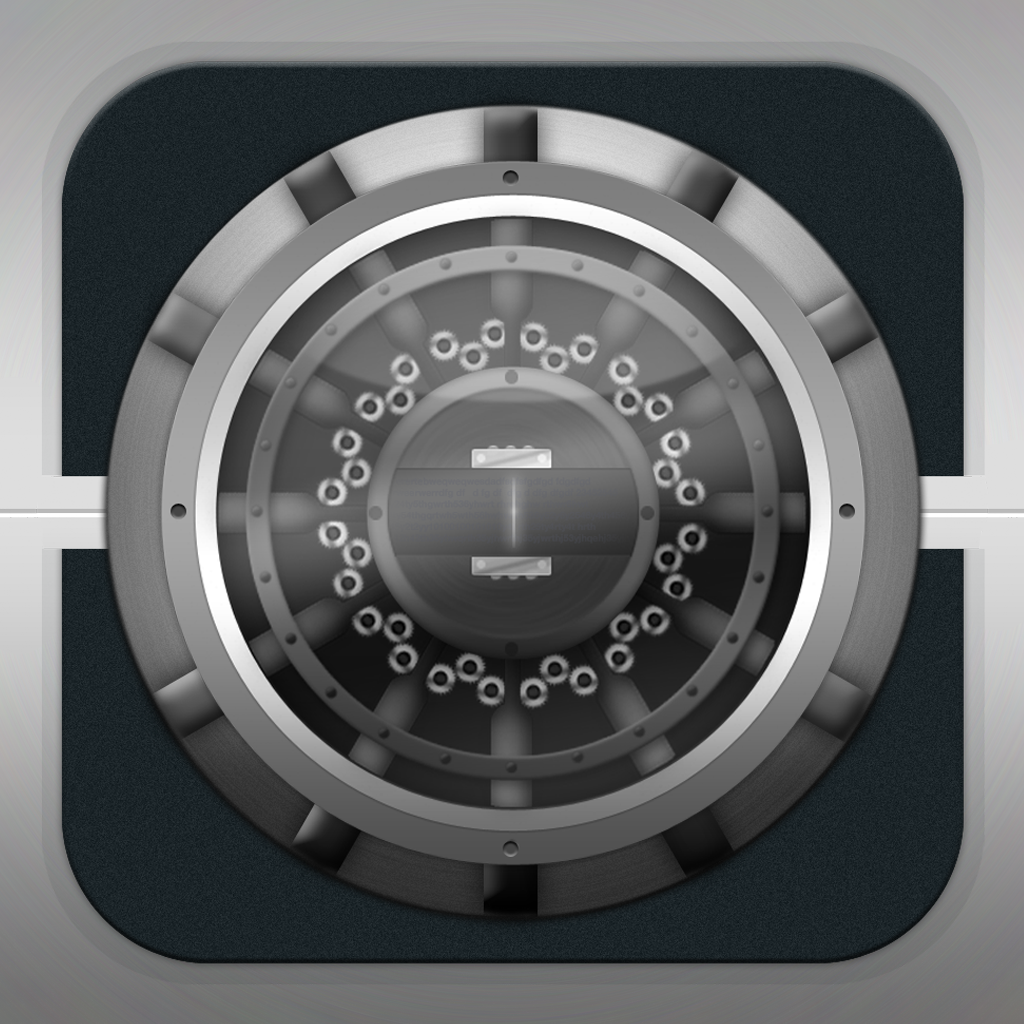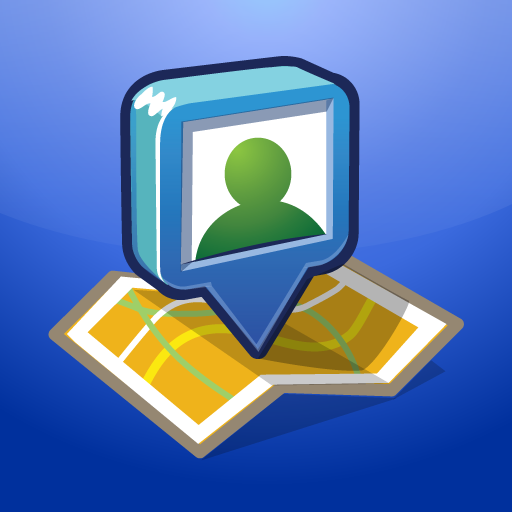Tag: Privacy »
Best Secret Browser Lets Users Surf in Private
![]()
Best Secret Browser, brought to us by the folks at RV AppStudios, makes it easy to delete histories, cookies, and bookmarks. This browser is especially useful for families or friends who enjoy sharing iOS devices. Users can feel safe using Best Secret Browser to surf the web privately with confidence that no one will be able to see their browsing history.
Some features include multi-tabbed browsing, an option to auto clear cookies and history, full screen mode, custom font sizes, break-in attempts by nosy friends and enemies are displayed as a badge on the icon, and a security lock system.
A log history is available to track unsuccessful password attempts. The history displays successful logins, failed logins, pin changes, and more information.
Best Secret Browser is available for free.
Social Networking For Couples From Cupple
Cupple is a private social networking app aimed specifically at two people in a relationship. It allows users to share various details just between the two of them such as galleries of photos, private messages and even locations so that each person knows where the other person is. In each case, images or notes can be added for the personal touch.
The key thing is that it encourages intimacy. It's the kind of app that's particularly ideal for the couple who have to frequently travel for work but still want to keep in regular contact, even if it's simply to say they saw something and thought of the other person.
Cupple is a free to download app and is available now.
Create A Temporary Mobile Number Within Seconds With RingShuffle
Sometimes it's not always convenient to provide a real mobile phone number to someone. Say I'm going out on a first date with someone. What if it goes so badly that I want nothing to do with them ever again? I don't mean in a cruel way but what if the date is a little creepy and clingy? It'd be a little unnerving to know that they can always get in touch and potentially pester me via SMS or phone call. A similar problem can occur when providing phone numbers to eBay sellers or buyers or people on Craigslist. Sometimes it's just not convenient to provide a regular phone number. This is where RingShuffle can help.
Each RingShuffle number lasts for seven days with the option to manually extend this to 14 days. Calls are forwarded without the caller knowing what's gone, thus narrowing the odds of causing offense. It's an app that's tailored to those looking for a short term solution for brief uses just like the first date or online transaction.
As the video below shows, RingShuffle is very easy to use with it taking mere seconds to register and choose a number. Area codes can be selected before a choice of Shuffle numbers appear for selection. Then all the user has to do is hand it out to the relevant person and no one need know that it's not a permanent number.
For short term transactions, RingShuffle is an ideal app to sign up for in order to protect the user's privacy.
Glassboard Offers Privacy Conscious Social Networking
Thanks to the internet, everything is very public nowadays. Privacy to an extent is dead for anyone who uses one of countless social networks. Tweet regularly and your life is out there. Even have a Facebook account that's heavily restricted and there's still the chance of it all coming out. Throw in a plethora of location aware social networks such as Foursquare and any random member of the public can have their life opened up as much as a major celebrity.
It's an app that allows users to share things privately with groups of people, or boards as the app prefers to call them. Users can message a group of people quickly and easily in a format that looks like an SMS text message but it isn't. Text isn't the only restriction either with the ability to share photos and videos amongst this elite group. Even locations can be shared, potentially making it useful to arrange family gatherings. Suddenly, everyone can keep track of how far away people are from the meeting place. A notification system keeps everyone up to date on any situation whether it be a team meeting, social gathering or simply a work issue being discussed.
Security is tight here with only the board chairman or group leader able to invite people to the group. Users can't even search for different boards ensuring there's absolutely no chance of anyone stumbling across anything.
For the privacy conscious user, Glassboard is the ideal solution ensuring that they get a taste of social networking without the potential security issues.
Glassboard is out now and it's free to download.
PrivateInfo-HD Review
Google Latitude Now Available
After a bit of a false start last week, Google has officially launched its Latitude app for the iPhone. The free app allows users to continuously broadcast their location to friends and family as well as see where other contacts are on a map at any time. The app also allows for background updating, allowing Latitude to continue to track where you are even when the app is closed.

It's also worth noting that Latitude has been available to iOS users as a web application for quite a while now, but this is the first time it's been presented as a native app. Thus, Google has built the app with the iPhone 4 in mind so users will need a device such as an iPhone 4 or 3GS which is running iOS 4 or above to support the service. If you're still clinging to an original iPhone or iPod Touch then sorry, but it's not going to work. The app will also work with the iPad, but considering it's more of a mobile geolocating service it might not be terribly useful for tablet owners. In any event, Latitude is now officially here for iPhone users, so get out there and continue oversharing all the details of your life, including where you're standing at any given second.
[via Google Mobile]
Game Center Now Uses Your Real Name
Users attempting to sign into Apple's Game Center have been prompted with a new Terms of Service (ToS) agreement which they must pretend to read and then agree to before they're allowed to access the service. Turns out this is one of the times when maybe we should have read the fine print, as the latest provisions now allow Game Center to give out players' real names to other users. The note attached to the update reads:

On the surface, this isn't a big deal. After all, if you're sending or receiving friend requests you likely already know who it's coming from, or it might be helpful to have a real name to go along with a username so you know that xXX_Princess Spanx_xXx is your buddy Mike.Still, below the surface this change of policy sends up some privacy red flags, as it shows Apple's willingness to unilaterally share your identity with others, whether you want them to or not.
What makes the move somewhat unnerving is the fact that it's not an opt-in option, but rather a requirement in order to use Game Center. Apple has basically decided they want to blow the very concept of online anonymity out of the water, so that now if you want to use one of their most popular services, you must also put yourself out there to the public. It seems like Apple may be heading down the Blizzard Real ID route on a smaller scale, and we all remember how that turned out. If it comes right down to it, will you give up a piece of your privacy to continue using Game Center?
[via TouchArcade]
Facebook iPhone App Gets Privacy Update
Facebook is one of the most popular apps on the iPhone, and as of today it's getting an important privacy update. New in version 3.3.2 is the ability to change your privacy and account settings directly from the app itself. Previously, Facebook users would have to log into Facebook.com in their browser in order to change settings, but those practically prehistoric days are now far behind us.

The privacy and account settings are really the only noteworthy additions in this update, as the rest of the content is just bug fixes and performance boosts. Sort of an underwhelming update really, with the only new feature only being half-implemented in a process most folks don't use their iPhone for in the first place. Then again, after Facebook's recent slam of Apple's iPad as not truly a mobile device, relations between the two companies might be a bit frosty. Still, we'll keep our fingers crossed for some sort of major update in Facebook 3.3.3, because with such a nicely numbered update we're well within our rights to expect a major new feature.
[via TUAW]
Is The iPhone Truely Protecting Your Privacy?

If a new report authored by Bucknell University Assistant Director of Information Security and Networking, Eric Smith, is to be believed, you may be revealing far more about yourself than you realize.
"...Amazon’s application communicates the logged-in user’s real name in plain text, along with the UDID, permitting both Amazon.com and network eavesdroppers to easily match a phone’s UDID with the name of the phone’s owner. The CBS News application transmits both the UDID and the iPhone device’s user-assigned name, which frequently contains the owner’s real name" -- VIA Smith's Report
Sure, these may be isolated examples of only two different applications that are passing back your personal information, but when a poll was conducted of fifty-seven free applications on the App Store, sixty-eight percent passed along your UDID to their servers. When you combine that with cookies that have a twenty year expiration cycle, as noted by ArsTechnica's formal report, this could be a serious cause for concern.
All it would take is a bit of social engineering for an industrious person to connect the dots and suddenly your secrets would be no more. This information isn't typically shared amongst other sites, but this information is being logged and you better assume that some day these companies plan to cash in. I am calling it now, Skynet is coming -- so be careful where you are surfing.
Sources:
[ via ArsTechnica ]














